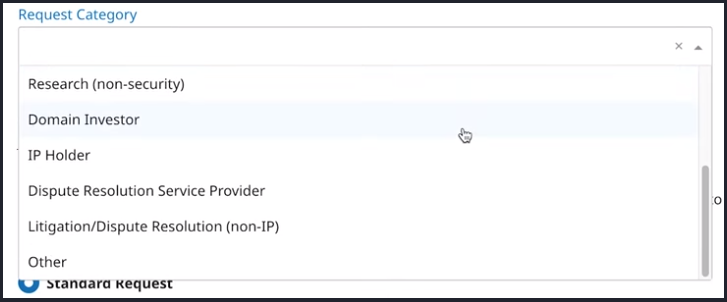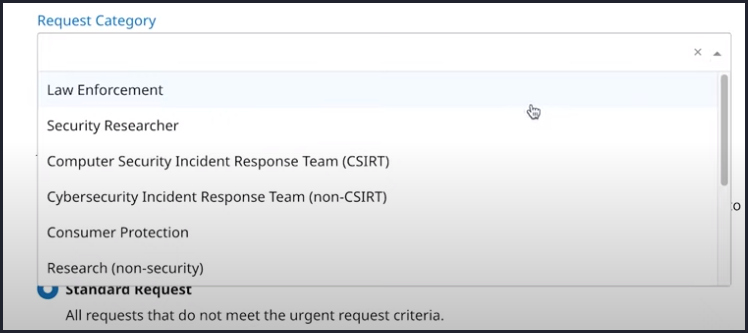
LOS ANGELES, CA – The Internet Corporation for Assigned Names and Numbers (ICANN) – the nonprofit organization that oversees the domain industry – has launched a new centralized online service to assist researchers, law enforcement, and others to request personal data from all public domain registration records.
This new service comes after ICANN had instructed all registrars in May 2018 to redact personal data – such as a customer’s name, address, phone number and email – from WHOIS, a query and response protocol that is used for querying databases that store an Internet resource’s registered users or assignees. These resources include domain names, IP address blocks and autonomous systems, but it is also used for a wider range of other information.
ICANN launched the Registration Data Request Service (RDRS) at the end of November 2023, which serves as interface to submit requests for registration data to participating registrars. Accredited registrars are not required to participate, but ICANN is requesting that they all join and that there is an option to opt out of participation at any time.
View a video on how the RDRS service works. (The original video was removed from YouTube and replaced by ICANN or on or around December 10th, 2023.
ICANN said that the RDRS makes it easier to submit the correct information and supporting documents to registrars to consider queries to release personal information because it utilizes a standardized request form across the board.
The decision to create the RDRS on the part of ICANN stems from the General Data Protection Regulation (GDPR), a law passed by the European Parliament that regulates information privacy by requiring companies to acquire positive consent for any personal information that they collect from their customers. As a result, ICANN instructed registrars to continue collecting personal data but not to publish it publicly, with the organization announcing that they would develop a system that would allow authorized parties to apply to access the information when needed.


The RDRS mainly serves as a conduit to allow requests to be filed with registrars and does not guarantee that those requests will be granted and the information released; the addition, all additional communication beyond the initial request – and subsequent data disclosure – must take place outside of the confines of the RDRS system.

About The Author: John Colascione is Chief Executive Officer of Internet Marketing Services Inc. He specializes in Website Monetization, is a Google AdWords Certified Professional, authored a ‘how to’ book called ”Mastering Your Website‘, and is a key player in several Internet related businesses through his search engine strategy brand Searchen Networks®

 *** Here Is A List Of Some Of The Best Domain Name Resources Available ***
*** Here Is A List Of Some Of The Best Domain Name Resources Available ***
Leave a Reply